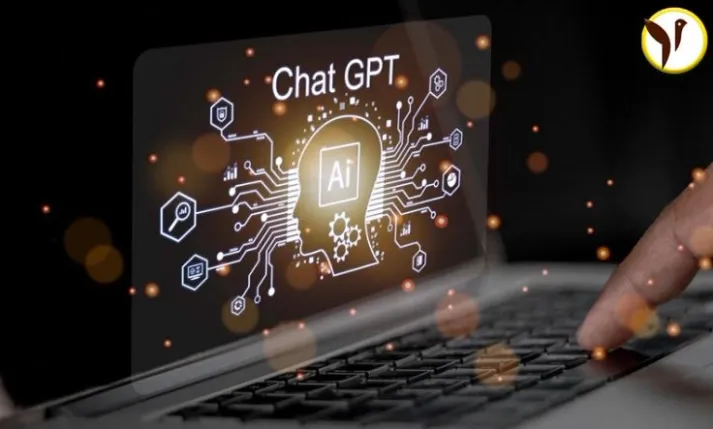OpenAI recently introduced GPT-4, an enhanced version of its language model that boasts improved capabilities over its predecessor, ChatGPT. GPT-4 is a large multimodal model that accepts text and image inputs and produces text outputs with much more nuanced instructions than before.
In a blog post, OpenAI shared that GPT-4 exhibits human-level performance on various professional and academic benchmarks, making it more reliable, creative, and capable.
The language model has passed various exams, including LSAT, SAT Math, GRE Quantitative, and GRE verbal and writing exams, with impressive scores ranging from the 54th to the 99th percentile.
OpenAI mentioned that GPT-4 has limits, and currently, only ChatGPT Plus members can access it, and usage is capped.
Developers can sign up for the GPT-4 API waitlist to access its powerful language model. It has also been confirmed that Microsoft Bing is now running on GPT-4.
The company also teased the possibility of introducing a GPT-4 subscription model for higher-volume usage and offering some free GPT-4 queries for users to try.
OpenAI aims to provide an excellent user experience with GPT-4. It has added a system message feature that allows users to direct the language model's tone and style to generate answers that meet their preferences.
While the capabilities of GPT-4 are impressive, OpenAI acknowledges that it still has a long way to go before achieving human-like performance in real-world scenarios.
Nonetheless, GPT-4's achievements are a significant milestone in the field of AI, and they suggest that it's only a matter of time before artificial intelligence outperforms humans in skills.
As talked earlier, even though GPT-4 is an extended and an improved version, but it still has some limitations intact with it.
Limitations of GPT-4
- GPT-4 has similar limitations as its prior versions and is "less capable than humans in many real-world scenarios".
- Inaccurate responses known as "hallucinations" have been a challenge for many AI programs, including GPT-4.
- OpenAI has claimed that GPT-4 can compete with human propagandists in many domains, particularly when working with a human editor.
- An example cited by OpenAI showed GPT-4 coming up with suggestions that seemed plausible when asked about creating disagreement between two parties.
- According to the CEO of OpenAI, Sam Altman, GPT-4 is "most capable and aligned" with human values and intent, despite its flaws.
- GPT-4's knowledge is restricted to events that occurred before September 2021, when the majority of its data was cut off.
- GPT-4 cannot learn from experience.
Stay tuned to learn more about the same on Jobaaj Stories!







